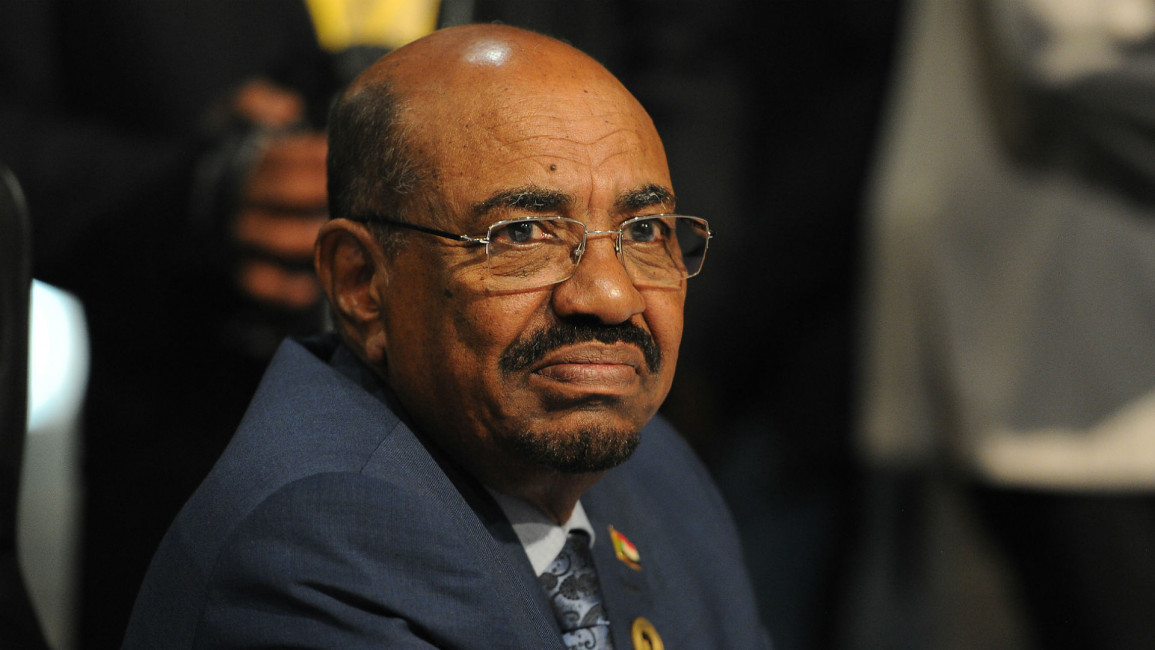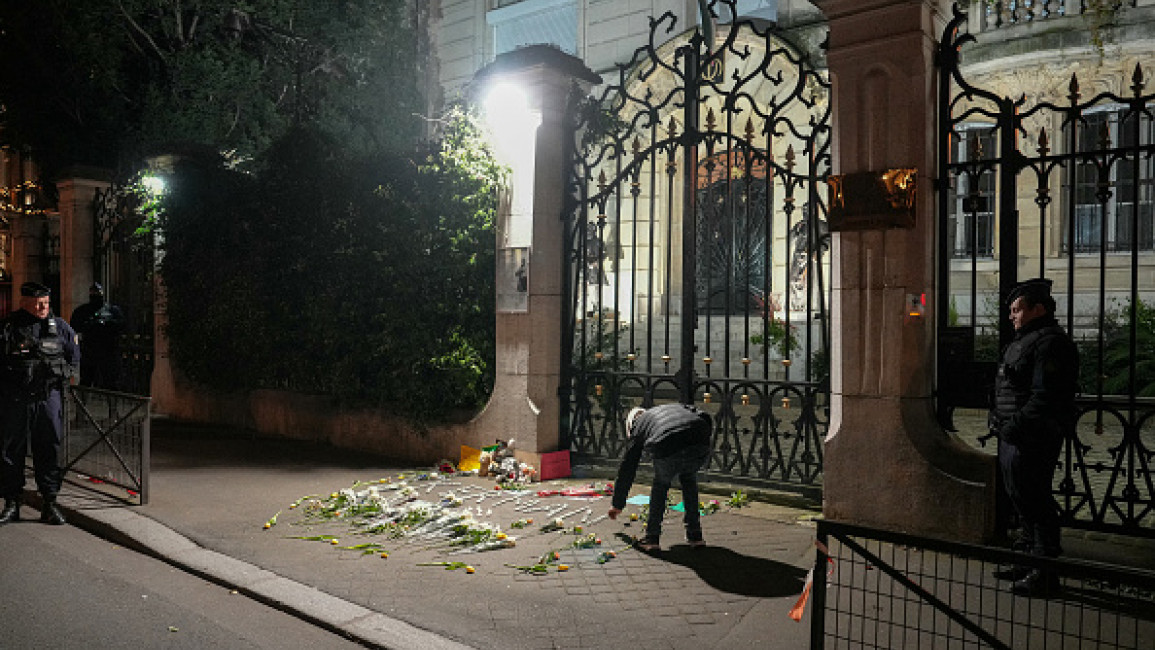Sudan prepares to quash protests against electricity price rise
Sudan prepares to quash protests against electricity price rise
President Omar al-Bashir's administration is set to preventing the country's opposition from holding protests against a planned increase in electricity prices, sources say.
2 min read
Bashir has held a meeting in Khartoum to study how to thwart protests [Getty]
Popular discontent against electricity price rises is to be fought by Sudan's government, it emerged on Thursday.
Protests organised by the opposition will be banned, sources have said.
Sudanese President Omar al-Bashir has reportedly held an extraordinary four-hour meeting with security and intelligence officials, as well as resource ministers, to discuss the electricity crisis.
Last September protests against increased fuel prices almost toppled the government.
Minister of Water Resources and Electricity Motaz Moussa is understood to have presented the president with a five-year plan to improve the situation.
Sources have told al-Araby al-Jadeed that the plan, which will begin in October, is broken up into three stages and is built around increasing the price of electricity to cover rising production costs, given the economic crisis Sudan is facing.
The sources also said security agencies reported on the size of recent and expected protests against the frequent power cuts and the price hike.
The Ministry of Electricity is standing by the decision to increase prices, reportedly deeming it "the only solution", even though some officials in the meeting expressed concerns such measures could lead to popular unrest - and suggested less risky measures should be taken.
Impoverished and middle class Sudanese consumers would not face any price increases, said President Bashir, according to Moussa.
"Currently, electricity is only 20 percent of its actual cost for both rich and poor consumers," the minister said.
Sudan has recently witnessed a wave of power cuts which have led to protests in many parts of the capital, Khartoum.
The opposition has called for civil disobedience and a political boycott.
The Ministry of Water Resources and Electricity has acknowledged there is a deficit in the electricity supply and attributed it to several reasons - including the end of electricity imports from Ethiopia over the past two months and fluctuating levels of water in the Nile and lakes of the Roseires and Merowe dams.
Moussa said thermal power generation has sunk to its lowest levels in years because many important resources were lost with the secession of South Sudan.
His ministry has, however, put in place "gradual measures" that have improved the situation.
Protests organised by the opposition will be banned, sources have said.
Sudanese President Omar al-Bashir has reportedly held an extraordinary four-hour meeting with security and intelligence officials, as well as resource ministers, to discuss the electricity crisis.
Last September protests against increased fuel prices almost toppled the government.
Minister of Water Resources and Electricity Motaz Moussa is understood to have presented the president with a five-year plan to improve the situation.
Sources have told al-Araby al-Jadeed that the plan, which will begin in October, is broken up into three stages and is built around increasing the price of electricity to cover rising production costs, given the economic crisis Sudan is facing.
The sources also said security agencies reported on the size of recent and expected protests against the frequent power cuts and the price hike.
The Ministry of Electricity is standing by the decision to increase prices, reportedly deeming it "the only solution", even though some officials in the meeting expressed concerns such measures could lead to popular unrest - and suggested less risky measures should be taken.
Impoverished and middle class Sudanese consumers would not face any price increases, said President Bashir, according to Moussa.
"Currently, electricity is only 20 percent of its actual cost for both rich and poor consumers," the minister said.
Sudan has recently witnessed a wave of power cuts which have led to protests in many parts of the capital, Khartoum.
The opposition has called for civil disobedience and a political boycott.
The Ministry of Water Resources and Electricity has acknowledged there is a deficit in the electricity supply and attributed it to several reasons - including the end of electricity imports from Ethiopia over the past two months and fluctuating levels of water in the Nile and lakes of the Roseires and Merowe dams.
Moussa said thermal power generation has sunk to its lowest levels in years because many important resources were lost with the secession of South Sudan.
His ministry has, however, put in place "gradual measures" that have improved the situation.



